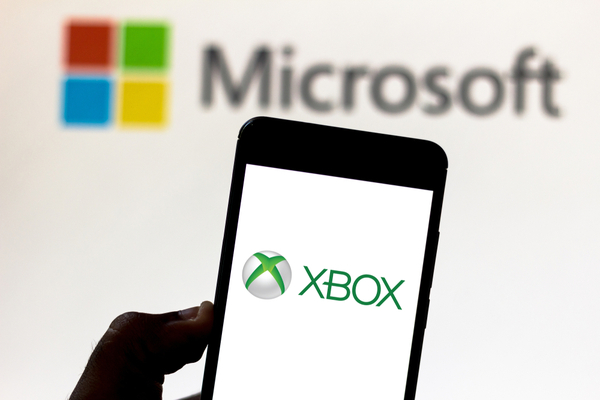TheThe fate of Microsoft’s bid to buy Activision — one of the first and oldest third-party publishers in console video gaming — now rests in the hands of a single person. The companies and the Federal Trade Commission (FTC) spent a week in federal court over the latter’s request that a judge put a stop to the deal.
As polygon reports, testimony and closing arguments are now done. Since last Thursday, longtime fans of both Xbox and PlayStation have gotten glimpses of the fast-paced, hardball business world of platform holders and major publishers in video gaming. What happens now could not only be an historic moment in video gaming, it could shape how millions play them for years to come.
What Happens Next?
The judge in the FTC’s case against Microsoft over its $68.7 billion acquisition of Activision Blizzard is expected to rule before July 18 whether to block the deal. That’s the closing date for the proposed buyout of the publisher of Call of Duty, World of Warcraft, and Overwatch.
The Federal Trade Commission already filed a lawsuit in December to block the deal. This hearing regards the government’s request for a restraining order stopping all merger activity and preventing it from closing. Judge Jacqueline Scott Corley granted that temporarily on June 13; her next choice is whether to make that permanent.
The restraining order would stop the deal until the FTC’s overall lawsuit against the Microsoft-Activision Blizzard deal is resolved.
What Happens if the Judge Rules for Microsoft/Xbox?
The acquisition would go forward, and the deal would become a lot harder for the FTC to unwind. The FTC would have to consider whether it would be worth the effort, as a ruling denying its motion would be seen as a vote of no confidence in its antitrust case. That case was brought under the FTC’s own administrative law apparatus (an in-house court, basically), so neither Corley nor her judicial district would be involved.
Bigger picture, two other major regulatory bodies, the United Kingdom and European Union, have already passed judgment on the Microsoft-Activision deal. The U.K.’s Competition and Markets Authority moved to block it in April; the European Union approved it in May. Though these three all act independently, two bodies agreeing might convince the third one to change its mind. Microsoft could also relocate the offices that it or Activision has in the U.K. if Corley lets the deal go forward.
What Happens if the Judge Rules for the FTC?
Then the deal does not close, and it seems likely that Microsoft would abandon it altogether, paying Activision a termination fee (believed to be $3 billion). In addition to that penalty, Microsoft attorney Beth Wilkinson told The New York Times that a suit before the FTC’s in-house court would be a “three-year administrative nightmare” that would tank the deal altogether, regardless of its ruling.
What the “Experts” Predict about the Outcome
Observers, analysts, pundits, and the like have had a great time over the past week stacking up the claims and counterclaims made, and guessing at the general disposition of Corley to what she’s heard. (She alone will rule; this is not a jury matter.)
As polygon reports, the FTC has focused almost entirely on console exclusives as the area in which Microsoft buying Activision harms the market and consumers. Within that category, FTC lawyers have fixated on Call of Duty, and what would happen if PlayStation owners lost access to it, as the area of greatest harm.
To this end, the government made strong points when it was revealed that Microsoft purchased ZeniMax Media (owner of Bethesda Softworks) because it feared Starfield, launching this September, would become a PlayStation exclusive. Instead, Starfield is an Xbox and PC exclusive.
But emails and recorded testimony from Ryan, the president of Sony Interactive Entertainment, would seem to undercut that point. Ryan said he did not view the exclusivity of Bethesda’s Redfall or even Starfield to be anti-competitive. Additionally, Ryan said in an email to a colleague, “We’ll be more than OK.” He said, after discussions with Spencer and Activision boss Bobby Kotick, “I’m pretty sure we will continue to see COD on PlayStation for many years.”
Corley at times appeared to flummox the FTC lawyers with her questioning during closing arguments. Corley noted data from Microsoft’s expert witness, economist Elizabeth Bailey (who appeared under stipulation from both sides), showing that 62% of PlayStation owners do not play Call of Duty at all. She also chided Weingarten with a reminder that “it’s not the harm to Sony we care about — it’s the harm to consumers.” Microsoft and Activision representatives have made this a talking point over the past several months.
“All this for a shooter video game?” Corley said later. “We’re concerned about competition for this one shooter video game?”
—
Photo Credit: rafapress / Shutterstock.com
